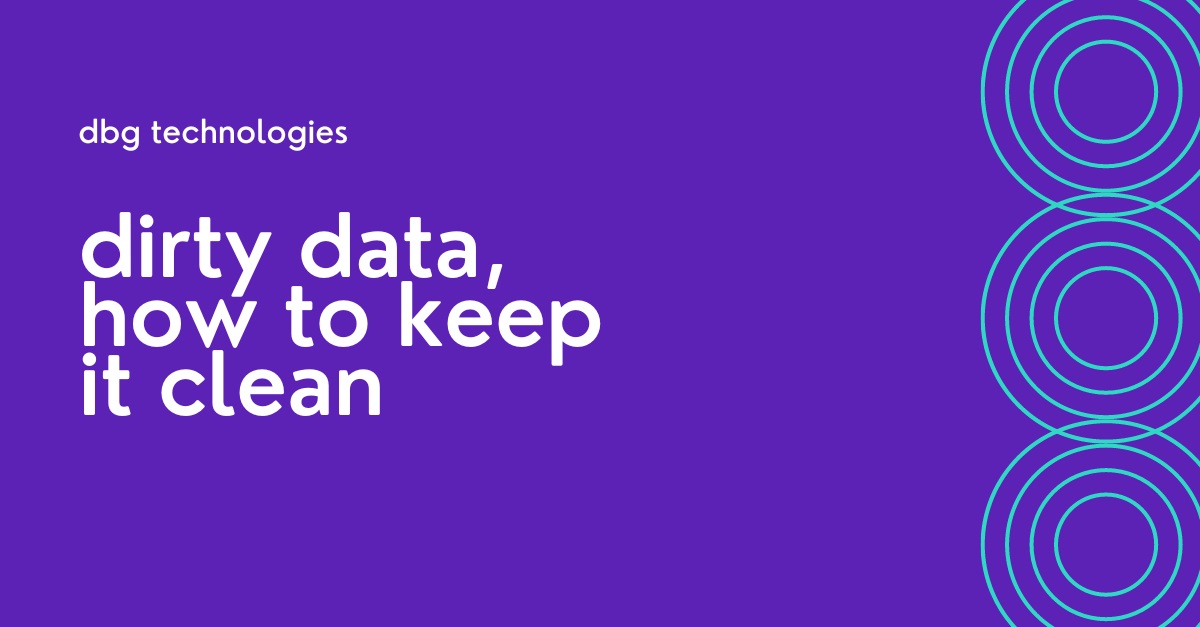 Using dirty data to fuel your business is like putting the wrong kind of fuel in your car: the engine might start, but you could be doing serious damage. If you want a well-oiled revenue engine, you’ve got to fuel it with clean data.
Using dirty data to fuel your business is like putting the wrong kind of fuel in your car: the engine might start, but you could be doing serious damage. If you want a well-oiled revenue engine, you’ve got to fuel it with clean data.
Dirty data represents faulty bits of information that can present problems in a business’s database, and for businesses using that data for successful sales and marketing efforts, having access to clean data is paramount.
Data impacts critical go-to-market functions such as developing your ideal customer profile (ICP), territory planning, segmentation, lead routing, and sales prospecting.
To keep your data clean, these are the areas you’ll need to focus on:
1. Insecure Data
Digital consent, opt-ins, and privacy notifications are the new norm in an increasingly consumer-centric business landscape, and allows for peace of mind in knowing that data is secure. Older data content can present issues, so ensuring your data hygiene systems are in place to ensure insecure, outdated, or unusable records are cleared.
2. Inconsistent Data
Ensuring your data management systems are standadised across your organisation can ensure that duplicate data, and inconsistencies or errors are minimised. Establishing a successful data-sharing strategy increases accessibility throughout your organization.
3. Data Hoarding
Maintaining a sleek (but not small) database is a big part of data hygiene. It drives alignment between departments, improves accessibility throughout your organization and reduces down time as employees can find the right data the first time.
4. Duplicate Data
Duplicates have no place in the system of any data-driven organization. Ridding your database of duplicates should be a top priority in any data hygiene campaign.
5. Incomplete Data
Do you have data gaps? Any incomplete data will certainly poke holes in your outreach efforts. Without attributes like industry type, job title, or last name, you risk excluding valuable leads in your campaigns.
6. Inaccurate Data
It’s far cheaper to verify and cleanse data regularly than to do nothing at all.
